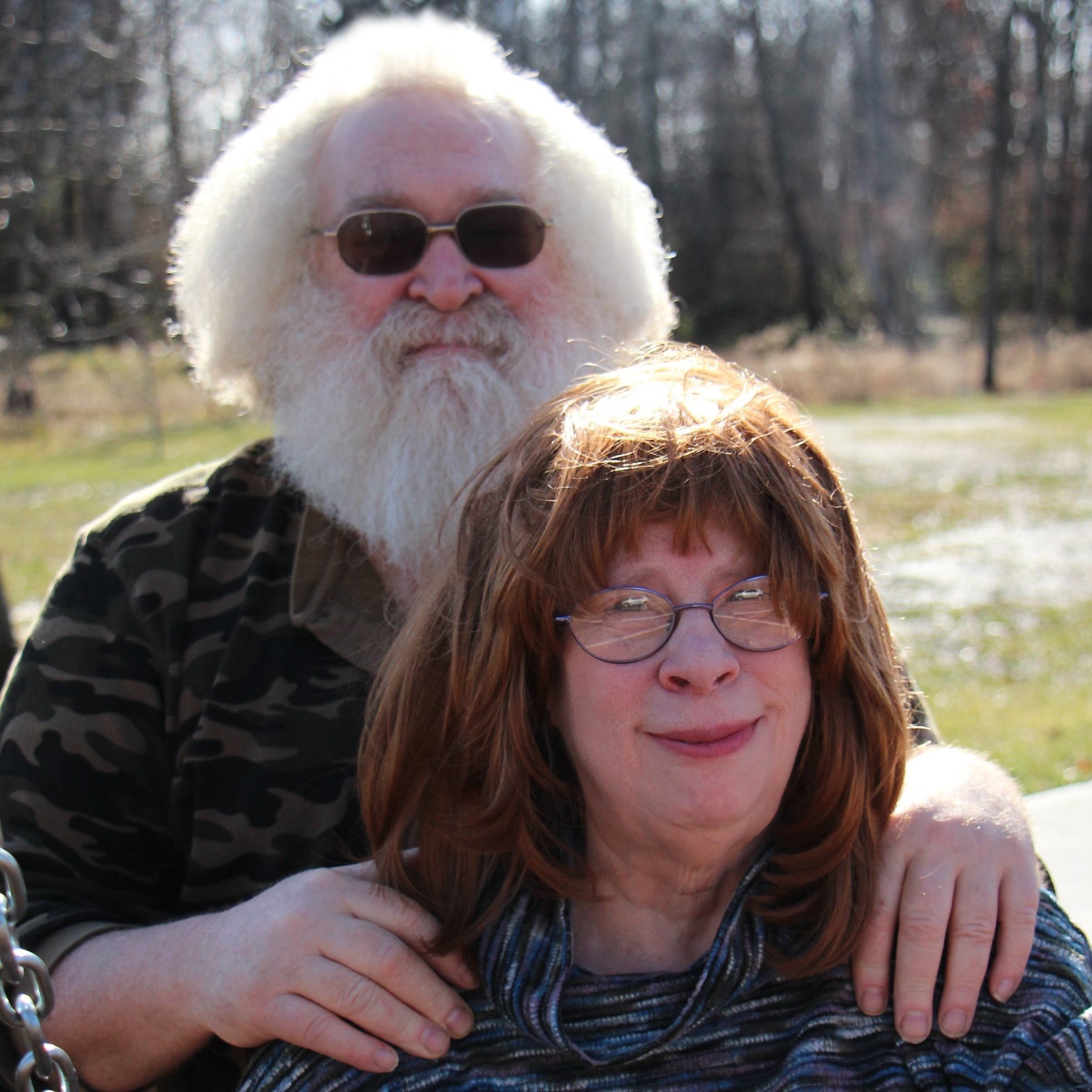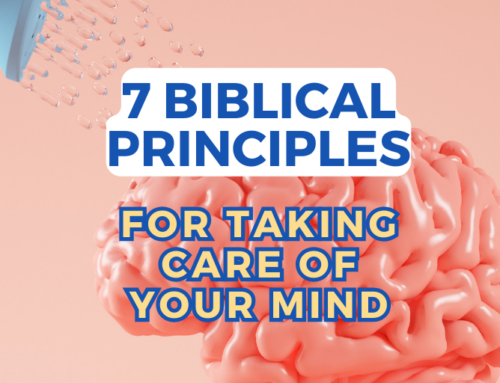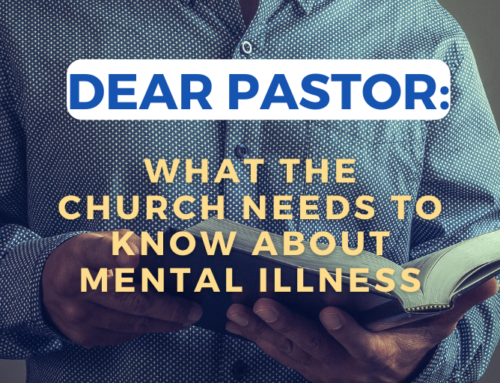Born in Kentucky, Janet Coburn now lives in Ohio with her husband of 39 years, Dan Reily. She also lives with bipolar 2 disorder. Janet loves reading and country music. Dan loves gardening and archaeology. Together they love travel, science fiction, and cats (they have two at the moment, Toby and Dushenka). A graduate of Cornell University and the University of Dayton, Janet writes two blogs, bipolarme.blog and butidigress.blog, which she posts in every Sunday. She often contributes articles on mental health to The Mighty website. Janet has also written two books on bipolar disorder, Bipolar Me and Bipolar Us, which are based on her decades of experience with the disorder, and frequently answers questions about mental health on Quora.
The man I married didn’t know I had bipolar disorder. To be fair, I didn’t know either. I was famously moody and given to what would now be called major depressive episodes. Despite having had mostly a long-distance relationship, you and I took our vows.
You had studied psychology and worked as an aide in a psychiatric facility (no, that’s not where we met). We seemed the perfect, if dysfunctional, couple. But I maintain that all couples – and all families – are dysfunctional in some way, at some level.
Naturally, you and I had our disagreements. One of the first surfaced when you tried to “shrink” me, figure out all my problems and help me overcome them. It annoyed me greatly: You weren’t qualified to do that, and if I wanted a shrink I would have hired one.
Next you tried humor to pull me out of my depressive fogs. That didn’t work either. When I’m that depressed, humor can’t get through. I think you finally realized that when you told me a joke and I didn’t laugh. Then you told the same joke again and I still didn’t laugh. Depression was no longer something for you to study, but to live with.
A number of years later, I entered a major depressive episode. I lost my job and was unable to work. I was unable to take care of myself, or the house, or the pets. The only things I could do were sleep and cry. You took up the slack. You were often frustrated or angry that I wasn’t getting any better. Still you took over all the caring duties, one after the other.
At last I did start seeing a psychiatrist and received my proper diagnosis of bipolar 2 disorder with anxiety. The diagnosis cleared up a lot of things that had been happening, and once I was on medication, the symptoms seemed to ease – but they didn’t go away.
My psychiatrist and I went through drug after drug. My therapist and I worked through symptom after symptom. The baseline when I started was that I called myself “pathetic.”
We tried couples counseling, but it didn’t seem to help. Once you and I went to a couples counselor through your EAP and the woman absolutely shredded me. Why wasn’t I able to help you around the house? Why couldn’t I give you more support? I wanted to yell, “Hello? Treatment-resistant bipolar disorder! I think I could carry a few books up the stairs, but Dan would have to sort them and put them away.”
About this time, you experienced some depression of your own. You suffered for several weeks – maybe a month. I felt you were beginning to understand what I was going through. “Just imagine that this feeling lasted for several months, even several years,” I said. “What would you do then?”
“I don’t know,” you replied. “I couldn’t handle it.”
“Welcome to my world.”
After three years of unremitting depression, it started to lift. I decided to both get a job and go back to grad school. This may have been my hypomania talking, but there I was, working third shift and trying to teach and study immediately thereafter. Again, you took up the slack. If I was too tired to drive myself to the university, you took me there and picked me up afterwards. You even thought of a way to help me with my many papers. You took my reference books, went through the index looking for names and key words, then flagged them with Post-It notes as I wrote.
When I have been in the depressive phase, you have worked to make things easier for me – doing the cooking; finding me clean towels (and even reminding me when I need to bathe); running errands, including picking up my medications; encouraging me and even going with me when there is something I absolutely have to do, like apply for disability; helping me think up topics for my weekly blog posts; keeping the house running and the pantry full – all the things you think a spouse might do for someone who is physically disabled. But I am, at many times, mentally disabled.
There have been bright spots, when my disorder recedes a bit. You and I have traveled some (though even then, depression has sometimes hit me unexpectedly), from local trips to ones overseas. I have learned to laugh at your antics. Now that I am better controlled on medication, our life is much closer to “normal.” I am able to work part-time from home and bring in money. I pay the bills and do anything else that can be accomplished by computer. Yet you still surprise me with my favorite meals and snacks, help me when I need it, and constantly shower me with love and affection – kissing me on my head; stroking my hair till I fall asleep; holding me in your safe, warm arms.
Next year, we will have been married for 40 years. I can’t say they’ve all been wonderful, because they haven’t been. You and I fight like any married couple, and my disorder has made it difficult for us to have a “normal” life.
But if there’s one thing I’ve learned from all this, it is that you are a true and precious caregiver. You took a vow to love me “in sickness and in health” and you have surely been fulfilling it ever since.







